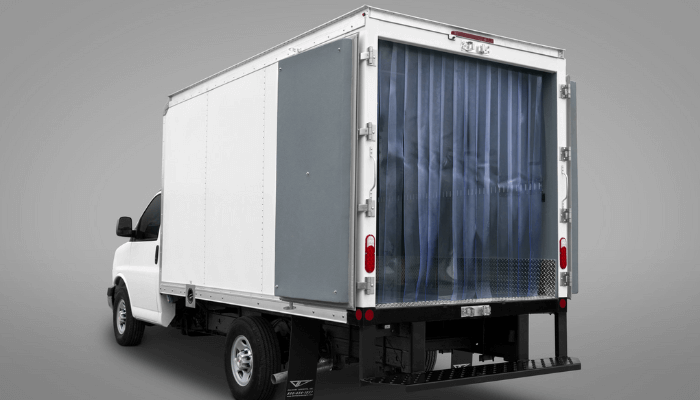Nigeria has fewer than 1,000 cold trucks, far below the 25,000 needed to transport over 11 million metric tonnes of perishable goods annually, according to a recent U.S. International Trade Administration (ITA) report.
This significant shortfall presents a major investment opportunity in the country’s growing cold chain sector, valued at N160 billion in 2023.
From developing solutions that provide automated storage facilities to the manufacturing of plastic crates to transport fresh produce to the markets, down to investing in cold storage trucks from transporting perishable goods, the sector presents opportunities for investors to tap into.
Read also: Nigeria needs 5,000 cold trucks to tackle N3.5trn post-harvest losses
“The opportunities in the countries cold chain industry are huge and massive,” said Alexander Isong, president of the Organisation for Technology Advancement of Cold Chain in West Africa (OTACCWA).
“We just started scratching the surface,” he noted, adding that the country’s cold storage facilities are next to zero. “We have very small, minute cold rooms that don’t scratch the surface,” he added.
Michael Akintese, co-founder of Ecotutu, a cold-chain storage and logistics company, said the country is operating with less than four percent of its cold chain capacity need.
“That gap costs farmers and agribusinesses up to N3.5 trillion each year,” he said.
With rising demand for temperature-controlled logistics, the sector is drawing attention from local and international investors.
Experts say it is a vital yet underdeveloped sector and pillar in Nigeria’s push for food security and sustainable agriculture.
Daniel Onwude, CEO of Coldtivate, a digital cold-chain company, noted the huge potential in the cold chain sector, despite its challenges.
“There’s a goldmine of opportunity waiting to be tapped,” he said.
Key investment areas in the cold chain sector include developing solar-powered cold storage and transport solutions to address power unreliability, expanding cold storage facilities, and increasing refrigerated trucks as well as last-mile delivery tricycles, particularly in rural regions, to improve accessibility and efficiency.
Onwude stressed the need for embracing smart technologies like IoT, RFID, AI, blockchain and digital twins to enhance monitoring and control.
“Leveraging government incentives, like free trade zones for infrastructure development and building local expertise in cold chain logistics are critical steps for driving innovation and sustainable growth in the sector,” he added.
A cold chain or cool chain is a temperature-controlled supply chain that involves the storage, transportation and distribution of perishable goods, according to Science Direct.
The global cold chain equipment market size stood at $35 billion in 2024 and is projected to grow from $40.34 billion in 2025 to $112.23 billion by 2032, said Fortune Business Insights.
Akintese, earlier quoted, highlighted the financial impact of cold storage, noting that small businesses saw an average profit increase of 23.47 percent after gaining access to cold-chain solutions.
Read also: Akinsete gets recognition for innovating sustainable cold storage solutions
According to the International Trade Association of the United States, Nigeria’s cold chain sector faces a major skills gap in cold tech design, installation, and maintenance, creating both a challenge and a training opportunity for local investors entering the space.
The hidden cost of food waste
Each year, Nigeria loses around 40 percent of its total food production to post-harvest spoilage, according to the African Post-Harvest Loss Information System (APHLIS).
Perishable produce—particularly fruits and vegetables—are hit the hardest, with losses reaching as high as 70 percent, according to the report.
These losses take a human toll that is visible at every market stall. Fatima, a tomato vendor at Lagos’s Mile 12 market, experiences it firsthand.
“We bring them from Kano, only for half to rot before anyone buys them,” she lamented. “Sometimes I lose up to 50 percent of my profits—just like that.”
Haliru Abdulsalam, a fruit and vegetable trader in Lagos, also voiced similar concerns.
“If my goods are kept for more than two or three days without proper preservation, they start to spoil,” he said. “It’s a race against time—and we’re losing,” he added.
‘The cold chain is expected to halt this trend.
“The cold chain market plays a critical role in tackling food insecurity,” Onwude, earlier quoted, said.

